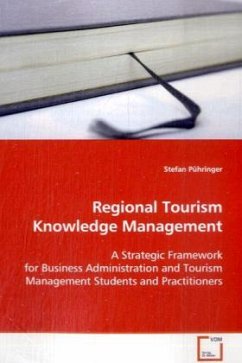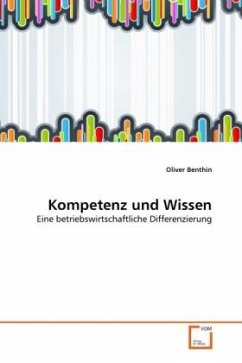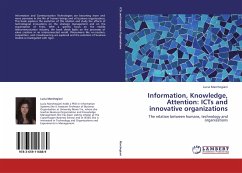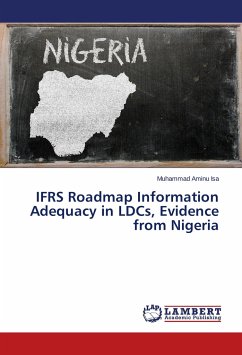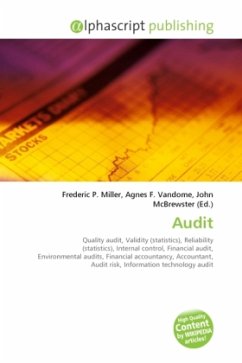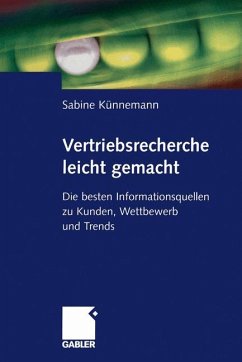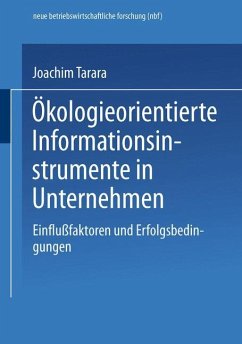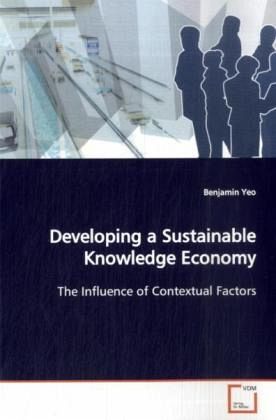
Developing a Sustainable Knowledge Economy
The Influence of Contextual Factors
Versandkostenfrei!
Versandfertig in 6-10 Tagen
52,99 €
inkl. MwSt.

PAYBACK Punkte
26 °P sammeln!
Today, the most technologically advanced economies inthe world are knowledge-based. Governments areincreasingly initiating efforts to utilize knowledgeand information as direct and productive forces forthe economic engine. The knowledge economy however,is dynamic and complex in contrast to theinformation economy. Scholars have applied a widevariety of definitions and perspectives to study it.In this book, the author addresses these differencesand executes a multidisciplinary and empiricalresearch method to analyze the development of asustainable knowledge economy. Through interpretivecase stud...
Today, the most technologically advanced economies in
the world are knowledge-based. Governments are
increasingly initiating efforts to utilize knowledge
and information as direct and productive forces for
the economic engine. The knowledge economy however,
is dynamic and complex in contrast to the
information economy. Scholars have applied a wide
variety of definitions and perspectives to study it.
In this book, the author addresses these differences
and executes a multidisciplinary and empirical
research method to analyze the development of a
sustainable knowledge economy. Through interpretive
case studies, the author develops an in-depth
understanding of the influence of relevant contextual
factors. This study includes discussions on key
definitions, important themes, as well as critical
theoretical implications. Beyond an impetus for
further research, the findings constitute a useful
guiding framework for policymakers to focus
their investigations on various local conditions, so
as to develop suitable and applicable policies for a
sustainable knowledge economy.
the world are knowledge-based. Governments are
increasingly initiating efforts to utilize knowledge
and information as direct and productive forces for
the economic engine. The knowledge economy however,
is dynamic and complex in contrast to the
information economy. Scholars have applied a wide
variety of definitions and perspectives to study it.
In this book, the author addresses these differences
and executes a multidisciplinary and empirical
research method to analyze the development of a
sustainable knowledge economy. Through interpretive
case studies, the author develops an in-depth
understanding of the influence of relevant contextual
factors. This study includes discussions on key
definitions, important themes, as well as critical
theoretical implications. Beyond an impetus for
further research, the findings constitute a useful
guiding framework for policymakers to focus
their investigations on various local conditions, so
as to develop suitable and applicable policies for a
sustainable knowledge economy.



